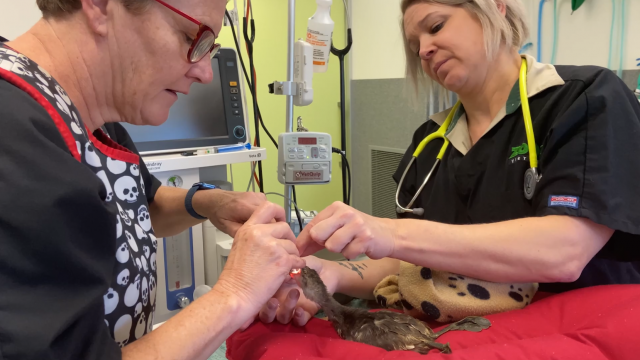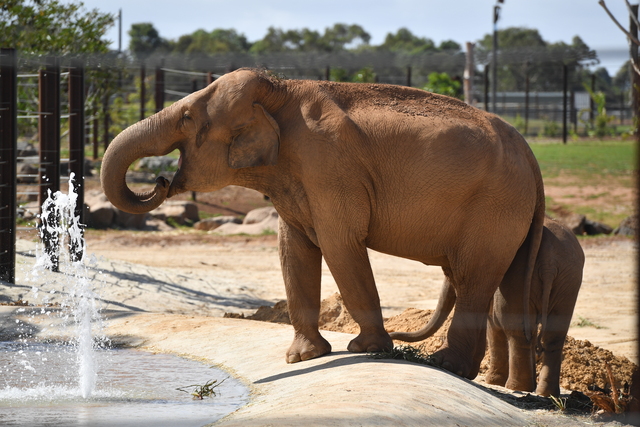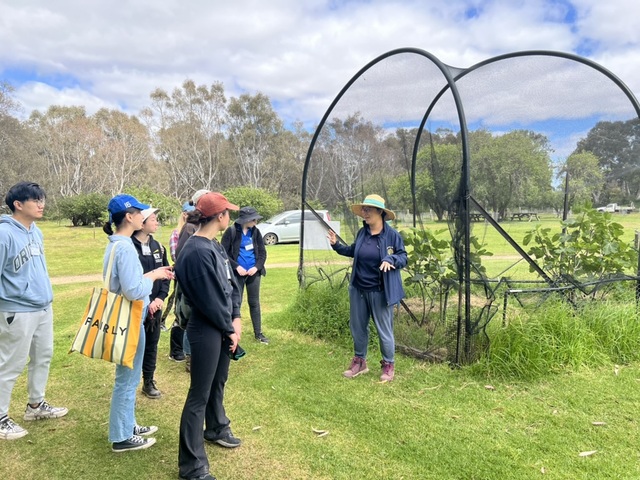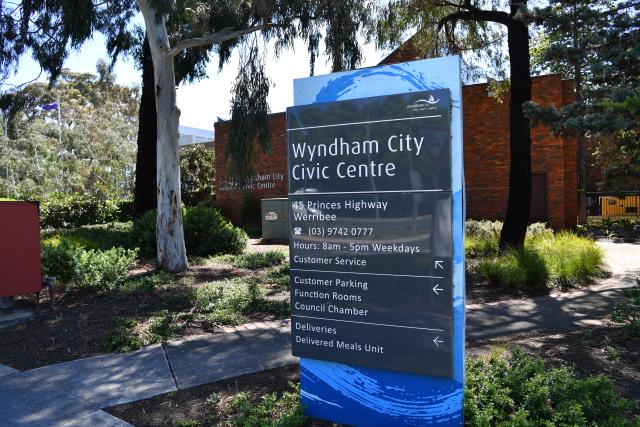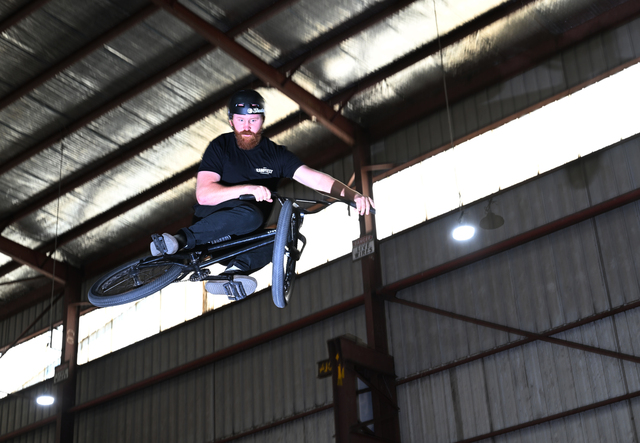Mysteriously, more than 90 aquatic birds have been found stranded and in need of veterinary care at locations across Victoria during the past two months.
Teams of veterinarians and wildlife experts at Melbourne Zoo, Werribee Open Range Zoo and Healesville Sanctuary are rescuing the grebes – duck-like native waterbirds – that are being found debilitated and injured away from their usual freshwater habitat.
Werribee Open Range Zoo associate veterinarian Dr Paul Eden said grebes are getting stranded in some unusual places including backyards, industrial estates and the casino.
“At this time of year, grebes like to come together to congregate in social flocks, however they are sadly losing their way on that journey,” Dr Eden said.
“One of the theories behind this trend is a breeding and population boom of the species, caused by the wetter weather conditions of La Niña throughout the past few years, which is resulting in grebes dispersing to find new wetland habitats.”
Dr Eden said the aquatic species is becoming stranded on land due to some quirky but remarkable physical features.
“Grebes cannot walk well on land because they are so anatomically specialised for a life spent in the water and on floating vegetation. They have legs that connect to their pelvis with a rear end tilt compared to other waterbirds, and toes that are lobed like petals instead of webbed. This makes them very strong swimmers, but they find it difficult to walk and are physically incapable of taking flight from land.
“So, what we’re seeing is grebes mistaking wet roads and other shiny surfaces for water bodies while in flight. They’re then coming into land, realising it’s not water and getting stuck there.”
Dr Eden said the waterbirds are often found debilitated, lacking waterproofing, or injured from abrasions and collisions with the ground.

